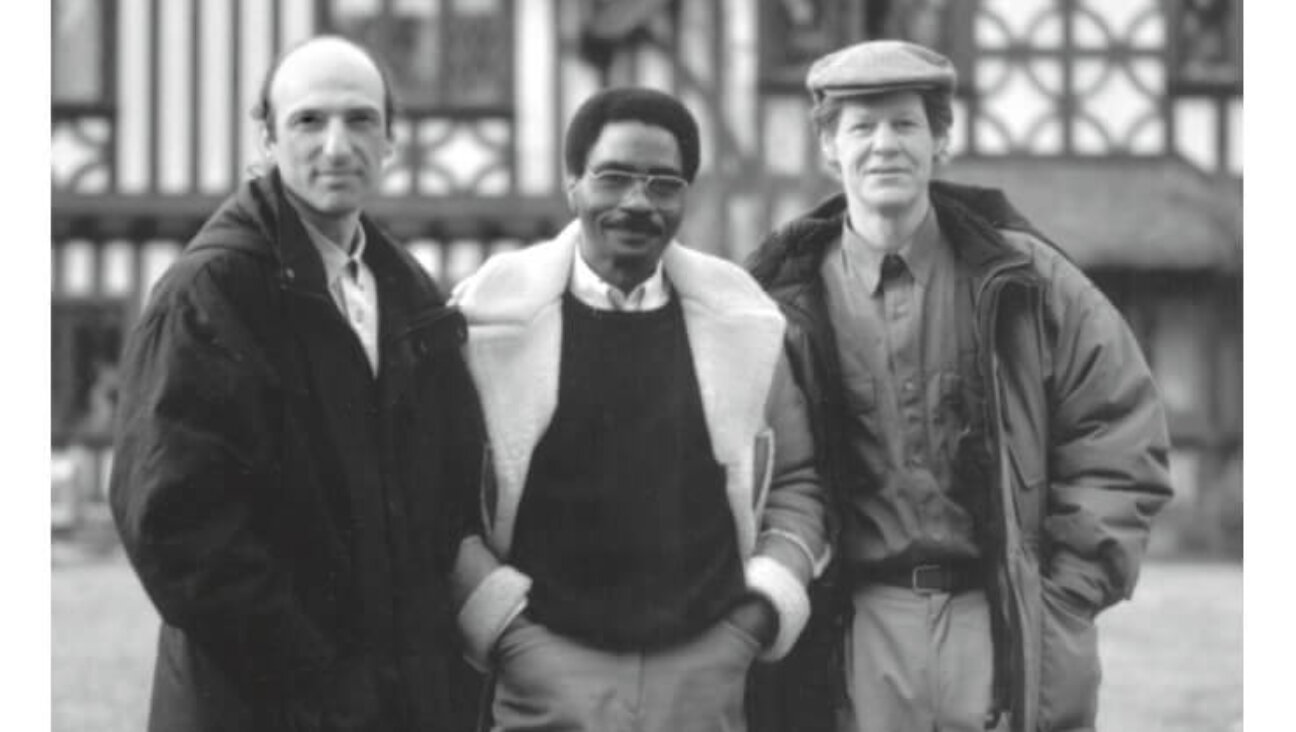Israel Woefully Unready for ‘Next War’
Fear of war looms this summer, as it has most summers since the Second Lebanon War ended in August 2006. This is partly due to Israel’s approaching decision on whether to attack Iran’s nuclear sites. Another reason is the ongoing political upheaval in the region.
Egypt and Syria are busy with internal affairs, which have introduced several interesting variables into the equation: the fate of Syria’s chemical weapons, infiltrations into the Golan Heights, Gaza-based provocations and Islamist terror cells in the Sinai peninsula. If any one of these elements flares up, Israel could be drawn into the chaos.
After the Second Lebanon War, the Israel Defense Forces went through three stages. In the first stage, leading up to the resignation of Chief of Staff Dan Halutz and then after his replacement by Gabi Ashkenazi, the army tried hard to fix the serious flaws. Then, about two years after the war, the IDF began to signal to the public that its mission had been completed: The ground forces, whose weakness had marred the Lebanon effort, were once again fit for action. This message was reinforced by the success of Operation Cast Lead in Gaza and a mysterious operation in Syria that the international media has ascribed to Israel. Then came the third stage, fueled mainly by officers who took part in the failure of 2006. The war, it was now argued, wasn’t really such a fiasco. The best proof was the calm on the Lebanese border and the effectiveness of deterrence against Syria, as well as against Hamas in Gaza.
That argument is fundamentally flawed. Although the IDF’s rehabilitation has been impressive, the claim that the IDF regained its full capability is a gross exaggeration – and the Second Lebanon War is far from a success story.
For more, go to Haaretz.com
A message from our CEO & publisher Rachel Fishman Feddersen

I hope you appreciated this article. Before you go, I’d like to ask you to please support the Forward’s award-winning, nonprofit journalism during this critical time.
We’ve set a goal to raise $260,000 by December 31. That’s an ambitious goal, but one that will give us the resources we need to invest in the high quality news, opinion, analysis and cultural coverage that isn’t available anywhere else.
If you feel inspired to make an impact, now is the time to give something back. Join us as a member at your most generous level.
— Rachel Fishman Feddersen, Publisher and CEO























